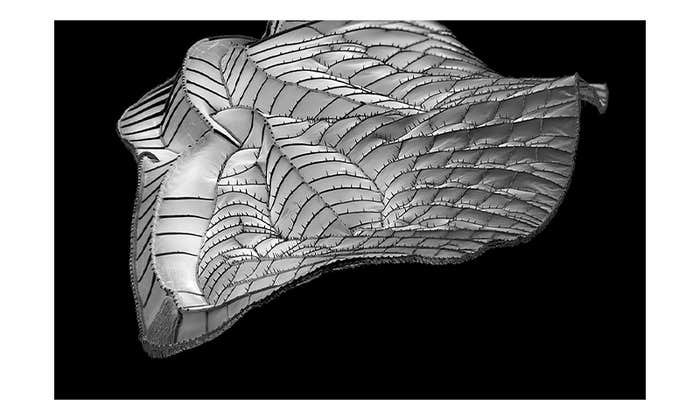In Jasper Fforde’s lighthearted “Thursday Next” series of books, people can use a “prose portal” to enter the world of a book, to change the plot or kidnap a character. The prose portal is an imaginative metaphor for a familiar experience: feeling taken away by a narrative, sucked into a good book so that we forget about our actual surroundings. This phenomenon is called “transportation,” and it’s common and revealing enough that scientists have done a lot of research on it.
Getting lost in a good book is a bit like getting lost in your own daydream—it is an act of imagination, in which we mentally simulate events and experience them as a kind of organic virtual reality. With literary transportation, though, it is a guided imagination, where the simulation is led and constrained by the text. Readers become absorbed in a world created by the author of the text and fleshed out by the reader’s own powers of imagination.
To study something scientifically, it helps a great deal if we can figure out a way to measure whatever it is we are interested in. Although measuring transportation is not as straightforward as measuring, say, the temperature of a liquid, Melanie Green and Timothy Brock, of Ohio State University, created a “transportation scale.” It consists of 15 statements that readers are instructed to either agree or disagree with, such as “I could easily picture the events taking place,” and “the narrative affected me emotionally.” How do we know whether this questionnaire measures anything real? Green and Brock found that a higher rating on the transportation scale correlated with other measures we would expect should come along with being lost in a book, such as a favorable evaluation of the protagonist, and a better chance of the story changing readers’ beliefs about the real world.
It is something of a mystery, though, why works of fiction would be able to take us away like this. Feeling a range of real emotions for fictional events is so commonplace we don’t often think to question it. But why should we get emotionally involved with characters and situations that we know are not real? Why should we get scared by something we know is only a movie? This is the paradox of fiction.
To resolve this paradox we need to understand a bit about the nature of the human mind and brain. Evolution must always build on what came before it, and make changes small enough that the system keeps working throughout. It does not have the luxury of redesigning anything from scratch. This is a tall order. In the brains of mammals, what evolution ended up doing was adding newer brain areas in front of and around the old ones. When people refer to your “lizard brain,” it is in some sense literally true. The parts of the brain on top of the brain stem are evolutionarily very old, meaning that they evolved into something like their present condition a long time ago, have not fundamentally changed since, and are similar to the brain structures of many distantly related animals. As we evolved, newer brain areas were added up toward the front, in a curling shape. The newer parts of the brain used the older parts, but because the older parts still had jobs to do, they could not be significantly changed. To support this theory, Michael Anderson at Franklin & Marshall College found that the older parts of the brain were sometimes used in isolation, but when newer parts of the brain were used, there was activation everywhere.
Why should we get scared by something we know is only a movie? This is the paradox of fiction.
The older parts of the brain evolved to see things, detect predators, manage emotions, and other, older cognitive skills. The newer parts of the brain are capable of reasoning and reflection. What this means is that only the newer parts (specifically the frontal lobes) “know” that what you’re reading is fiction. The older parts of the brain have trouble distinguishing real from fictional faces, and even true from false sentences!
Storytelling is the ancestor of modern fiction, and it makes sense to speculate that a primary function of storytelling was to communicate important information about the environment. Without being able to communicate, each person have to experience things themselves, be they helpful or dangerous. What probably happened was that we tended to believe what we heard by default, and only consider that it might be false if we have good reasons to suspect deception or misinformation. Our tendency to believe things by default has been supported by laboratory studies. In Green and Brock’s experiments, people would even often forget if the story they read was truth or fiction.
This is probably why literature can transport us, enrapture us, and create such transcendent experiences. Our minds are wired to listen and believe, and only the newer parts of our brain are there to tell us “it’s only a story.” We get transported by fiction because our minds feel they are leaning something important. The paradox of fiction is resolved because our minds are torn about the reality of what we’re experiencing.
Half of our minds believe these stories to be true.
Jim Davies is an associate professor at the Institute of Cognitive Science at Carleton University in Ottawa, where he is director of the Science of Imagination Laboratory.
Watch: Ken Perlin, a virtual reality guru at NYU, considers the unique art VR can provide.

The lead photograph is courtesy of Anant Nath Sharma via Flickr.
This classic Facts So Romantic post was originally published in July 2013.






























